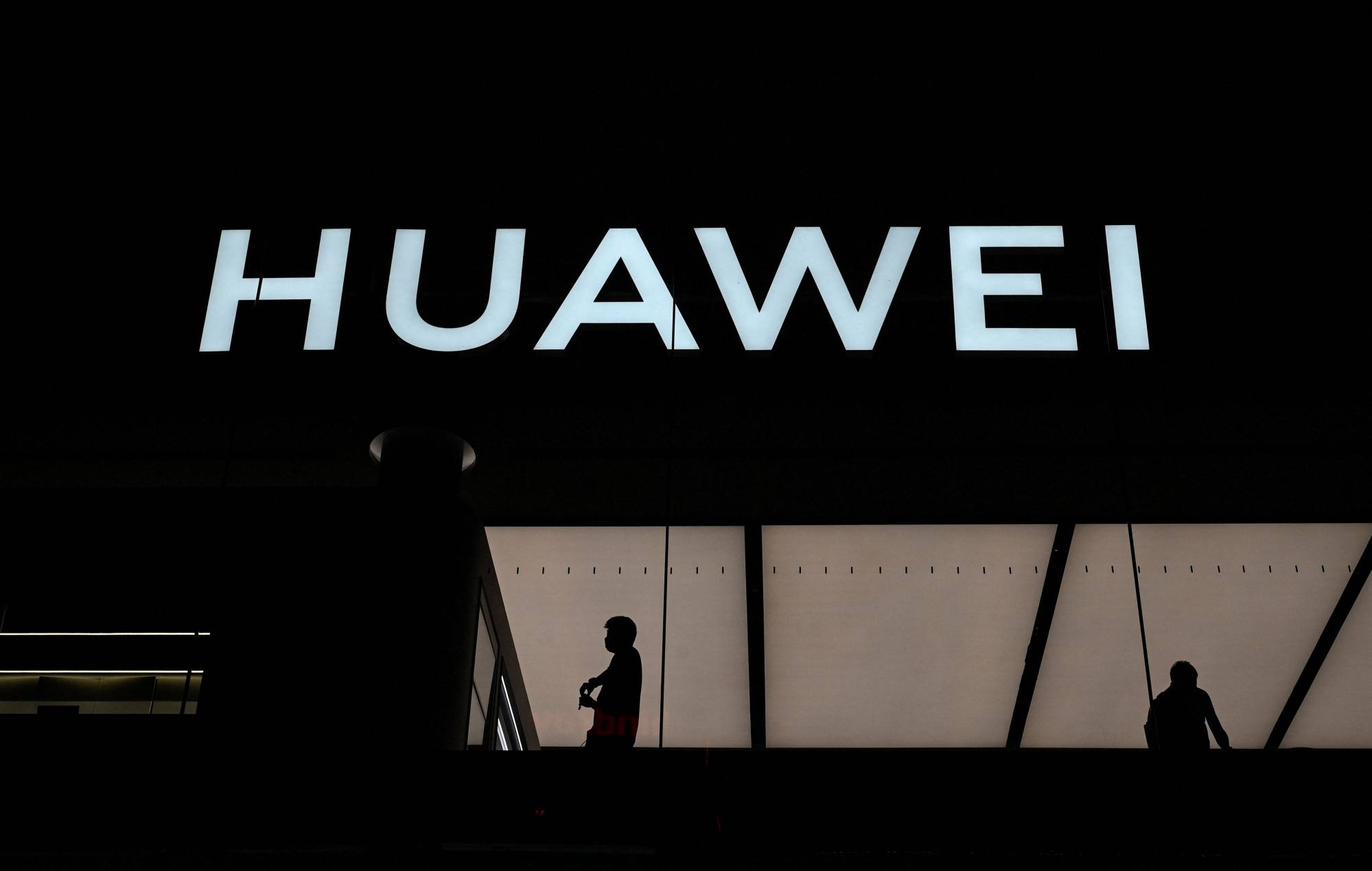Blackwell platform chips are expected to enter the market in the third quarter and take up just under 10 per cent of the high-end graphics processing unit (GPU) market, according to a note by Taipei-based research firm TrendForce.
Many of the semiconductors and servers that enable AI breakthroughs are assembled or made by TSMC.
Silicon Valley-based Nvidia is on track to overtake Apple as the world’s second-most valuable technology company, with its shares having surged over 120 per cent to US$1,095.95 since the beginning of this year.
However, the chip designer’s business in China is facing mounting challenges amid US export restrictions on advanced semiconductor technology and rising competition from local firms led by Huawei Technologies.
Nvidia’s most powerful Blackwell line, including the B100, B200 and GB200, adds to a growing list of GPU models that are barred by the US from being shipped to China, the company’s third-largest market by revenue last year.
Washington’s embargo and Nvidia’s continuous technological advancement will put China further behind the world’s leading edge in AI infrastructure, according to industry analysts and professionals.

Many home-grown chips are behind Nvidia’s in performance and stability, according to one researcher at China’s server maker H3C, who said that the lag affects China’s development of large AI models. The person, who declined to be named as he was not authorised to speak to the media, said H3C tested various GPUs, including those from Cambricon, Iluvatar Corex and Huawei.
More advanced chip-making technologies can improve performances and lower power consumption of high-end chips.
However, it was not easy for China to achieve 7-nm chip production, and there is only a small likelihood that China can progress quickly to more advanced 5nm or 3nm nodes, said Zhang Pingan, CEO of Huawei Cloud, during a recent China Mobile conference.
Huawei’s ecosystem is also less developed than Nvidia’s CUDA, which has become an essential AI development platform used by some 5 million developers globally. Huawei’s equivalent, in contrast, has a much smaller use base worldwide.

